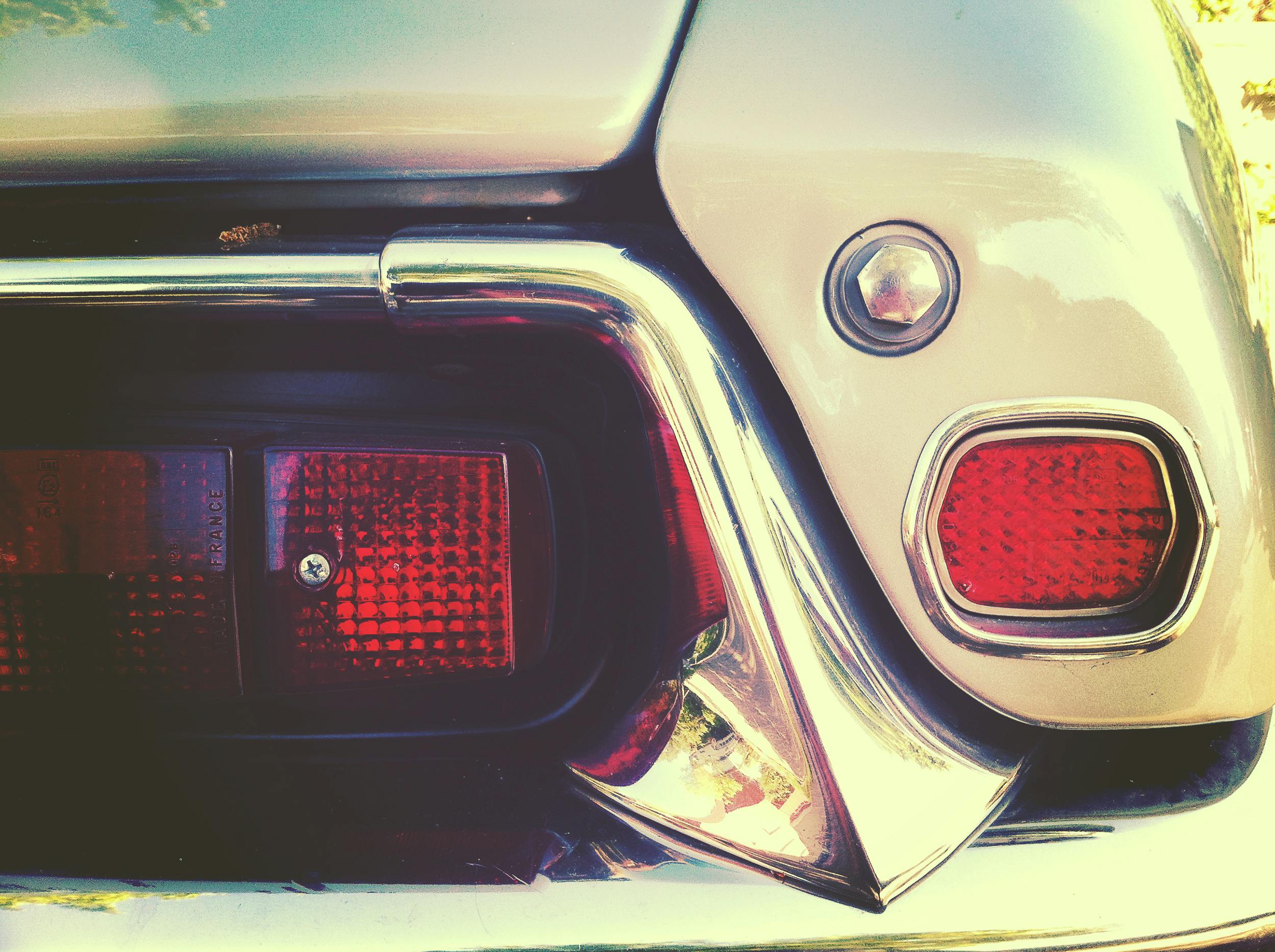I’m familiar with the term Actual Cash Value (ACV), but I’m curious about what Salvage Value means. My car just got totaled due to a hailstorm, and a representative from Progressive mentioned they would provide me with both the Actual Cash Value and the Salvage Value. Can anyone explain what Salvage Value is and how it’s determined? The car has only minor fender damage and some slight glass issues.
I understand ACV, but what is a Salvage Value.




Salvage value refers to the estimated residual value of a vehicle after it has been deemed a total loss by an insurance company. In your case, since your car is being totaled due to hailstorm damage, the salvage value represents how much the insurance company thinks they can recoup by selling the car for parts or scrap after they pay you for the actual cash value (ACV) of the vehicle.
To determine the salvage value, the insurance company typically considers several factors, including:
Condition of the Vehicle: They will assess the overall condition of your car, even if it has only minor damage. The functional parts, as well as any cosmetic issues, will be evaluated.
Market Demand: They will research the demand for your car model in the salvage market. Certain makes and models may fetch a higher price due to their popularity and parts availability.
Age and Mileage: The age of the vehicle and how many miles it has driven can significantly influence its salvage value.
Local Scrap Value: The current prices for scrap metal and parts in your area can also impact the salvage value.
Once they determine the salvage value, it will be presented to you alongside the actual cash value of the vehicle. This way, you’ll have a clear understanding of both figures and how they relate to your total loss claim. If you’re not satisfied with the offer, you can negotiate or seek an independent appraisal.